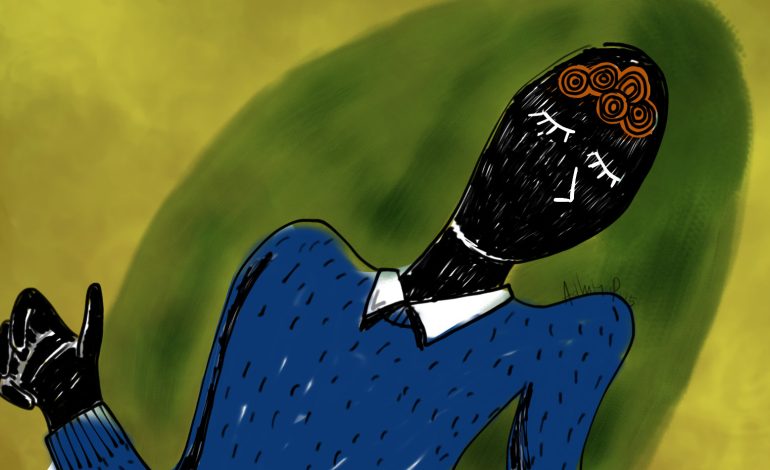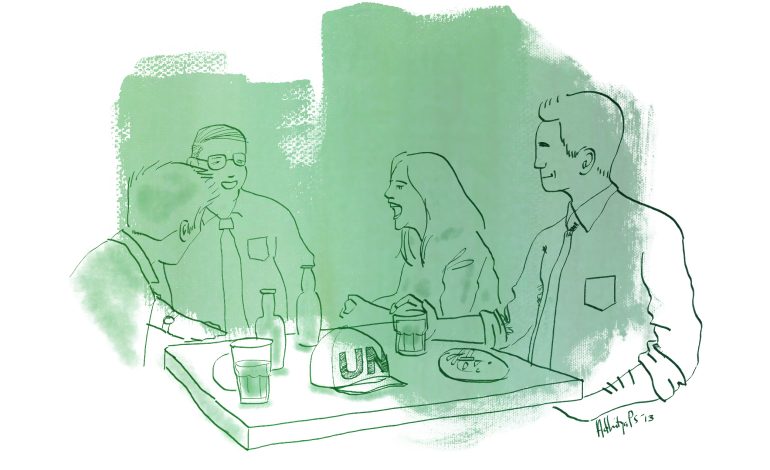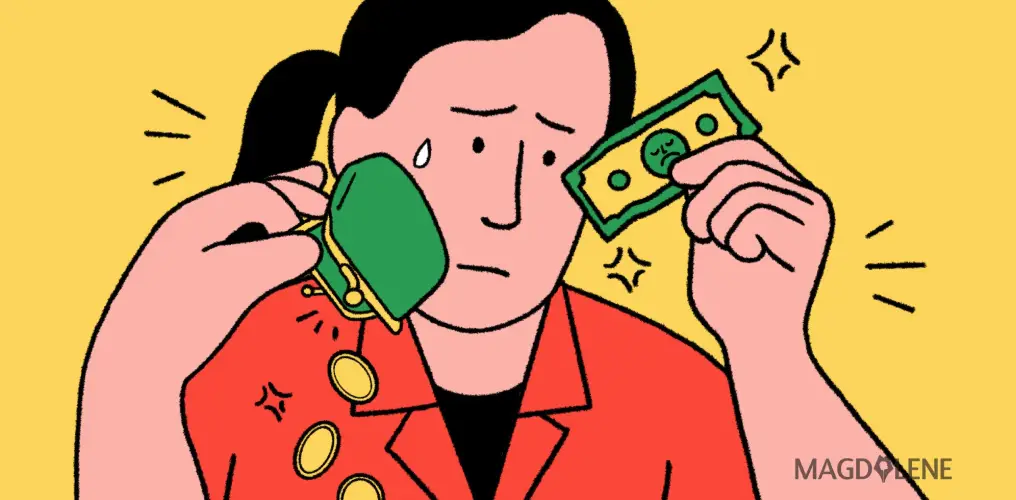My Constant and Lonely Struggle of Living with Bipolar Disorder

“Does it exist?” I asked my therapist after he suggested that I practiced mindfulness during our session. Does mindfulness exist?
He looked perplexed with my response. In his calm voice, which sometimes can be irritating, he answered that mindfulness is a skill to be built up over time. Out of respect for him and in the spirit of trying new things, I followed his instructions for the next couples of minutes.
When I opened my eyes, he asked, “How does it feel?”
It sounded like a simple question, but the answer was slightly more complex.
“It’s weird,” I said. “I feel relaxed, but at the same time I wonder if it might be time-consuming and banal to be practiced every day.” For the rest of our session we debated over the importance of time, speed and the context of my bipolar disorder.
He was the third psychologist I’d met in the last four years. I was about to give up on getting professional psychological supports but I found myself relapsed last year. Studying abroad on a scholarship has its perks, and I was offered by the university for consultations with a bipolar specialist until the end of my study. Such offer was too generous to be refused – already, I’d had love-hate relationships with shrinks because of their hefty price tag. And then there’s my doubt over the effectiveness of their treatment on my condition.
Suffering mental illness does not come cheap, especially in countries with poor government support such as Indonesia. In the first two years of working, I had to spend at least Rp 5 million every month for therapy sessions and medication. Even if I cut the therapies, it barely made the difference, because the medication itself cost more than Rp 4 million. Stopping the medication would not be a smart move either. In some case, it may worsens the patient’s condition, as I have several times proved.
The pharmacy industry is certainly driven by capitalism. The cost of medications becomes expensive because certain doses are not available, so patients must buy double or triple of small doses to get the precise amount of prescriptions. Thinks small dose drug is cheap? Wrong!
My huge medication expenses create a vicious cycle in my life. I took multiple jobs, from transcription, translation to casual interviewers, and work longer hours than I had imagined. I preferred to spend my time working instead of hanging out with friends or watching movies, because time is “money” to me. The cost of my personal medication is close to my monthly fresh graduate salary, and I am the primary economic backbone for my family. I don’t have the option of stopping the monthly transfer to my family in order to pay for my psychotic drugs, because there are actually people needing shelter and foods.
The belief that I should be constantly productive is so deeply rooted in me, that in the period when I am suffering a depressive phase, which is usually way longer than my manic phase, I feel guilty and I hate myself for earning less. Sleep deprivation, lethargy, and a significantly short attention span impair my ability on a daily basis. Yet, as I crawl in bed and lock myself in my room for days, I am tightly bound to my deep yearning for vitality and to be be highly functional again.
The fear and anxiety of not earning enough money is too real to be ignored. I spend many nights doing excel sheets calculating incoming paychecks and expenses with optimistic assumptions that my casual jobs will be paid as agreed. Bills get piled up every month, and I have no privilege to take absence from the job world. On days I fail to get up from bed, I simultaneously feel mentally beaten to catch up with real demands of money.
One day, I bite my tongue hard after reading a colleague’s comment on keeping up with deadlines at the office.
“I personally know someone struggling with bipolar disorder who is studying in a foreign country, far away from home, and he is doing fine,” my colleague wrote in an email.
She forgot to mention the money part to cover the medical expenses, to afford leisure activities and to enable travels – all of which have always been my struggle.
On another day, I feel similarly bitter from witnessing a friend who is in a depressive period, but who at least has no worries over shelter, foods, and medication. Despite her cold relationship with her parents, they provide her with basic needs and medication.
As for me, not only that my family is financially struggling, my relationship with them is so poor, we cannot even live under the same roof. Still, I refuse to compare myself to others, and I accept the reality that every person with bipolar disorder has his or her own social and economic baggage.
I wish I could be informed and prepared before a depression cycle hits, but I rarely am. Half if not most of the times I feel like I am living in a borrowed time. In between depression and mania, my time to be functional shrinks.
But becoming conscious and accepting the flaws of my function is a lifelong and lonely journey. Too many things are beyond my control, and at the very least – and for this I agree with my therapist – I must try to be more compassionate with myself. In today’s society that rewards people for multitasking and for their individual achievement, pressing the “pause” button is actually a great relief.






















